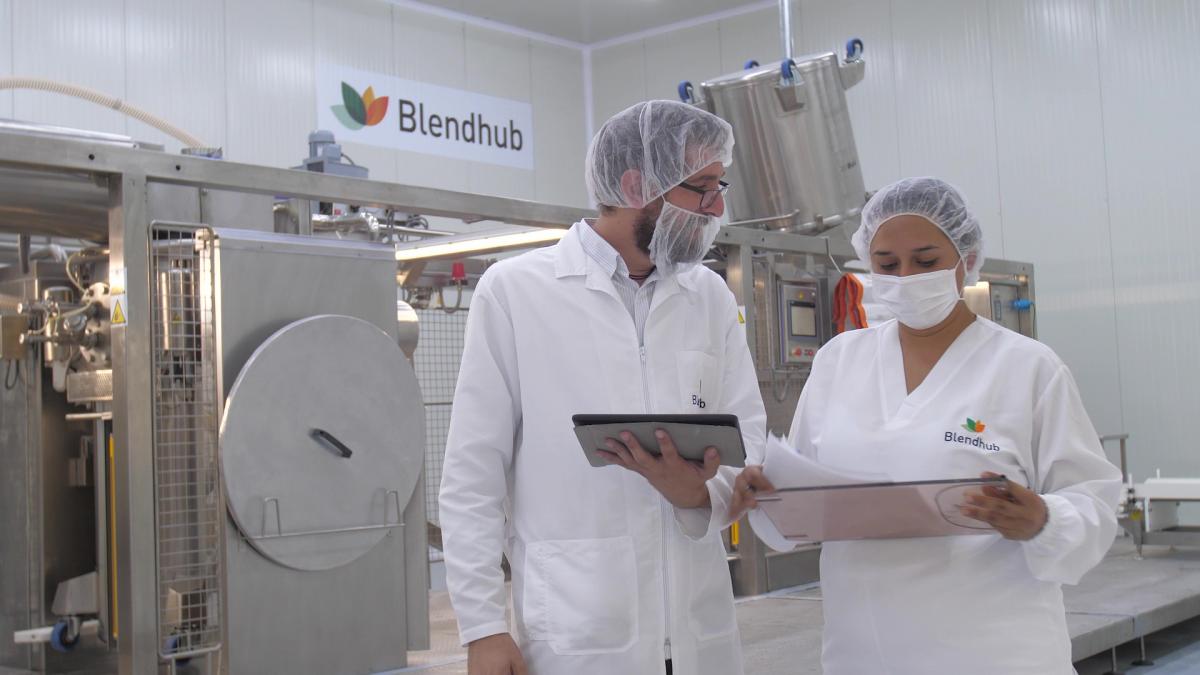Powder-based food is complementary and an effective alternative to perishable food. Better preserved, packaged safely, and requiring less handling in preparation and delivery, it can provide nutrition to those in hospitals and elderly homes, with reduced risk of contagion particularly during situations such as the COVID-19 pandemic.
Aside from a long shelf life and safe packaging, powder-based food can be distributed and prepared quickly, without effort and with minimum handling and transformation throughout the transport, preparation and cooking. These help to reduce the risk and prevent infections that could occur during the process.
Under such circumstances, powder-based food allows the delivery of essential nutritional value in the form of meals, shakes and food supplements. This way, it is possible to feed many people massively, quickly and safely.

![]() Poweder-based foods production- Click here to see VIDEO
Poweder-based foods production- Click here to see VIDEO
As demonstrated in the past weeks, this method could be especially helpful for hospitals, elderly homes or charity canteens, where it is crucial to minimise the risk of contagion or contamination from suppliers, cooks or other personnel who could spread of a virus or a disease. Such nutrition could also ease the situation for families who may no longer be able to benefit from provision of meals within schools.
Powder-based food is not only related to anecdotal nutritional supplements but rather covers large segments of the food industry. Approximately 40% of the food we consume every day in the world – bread, coffee, juice, cheese, ice cream, vegan milk, baby formula, spices, sweeteners, meat substitutes – are just a few of the many powder-based foods.
Blendhub, a global company specialised in the development, production and distribution of powder-based foods and ingredients, offers its support and resources and urges public institutions and the food industry to share the combined knowledge and experience, to work together and guarantee the supply of primary nutrition across the social groups and geographies most affected by the COVID-19 pandemic, for whom it is essential to access healthy food quickly, efficiently, safely while minimising the risk of contracting the virus– from those who prepare the food, through the ones making it available, delivering or serving it, to the ones who consume it.














